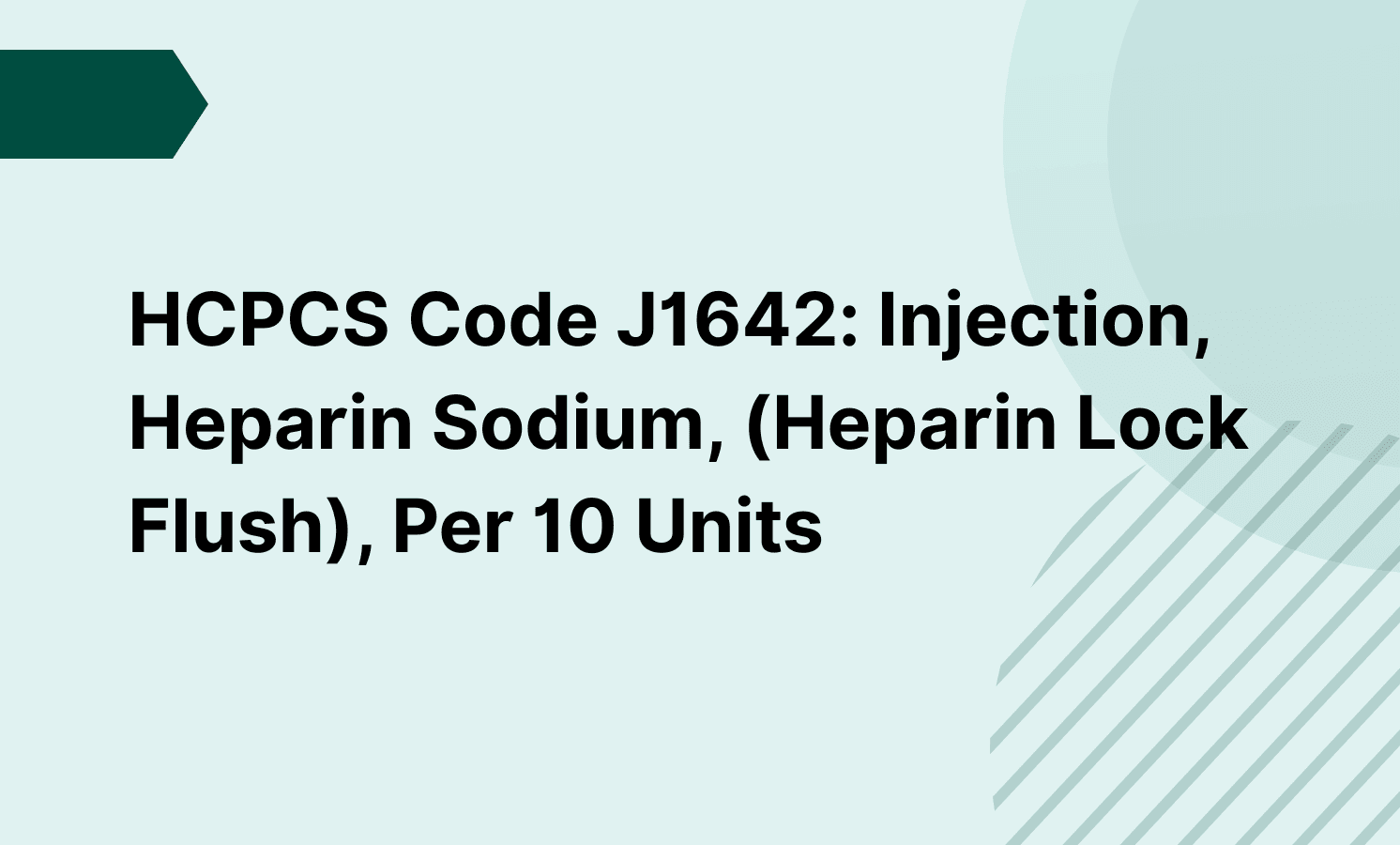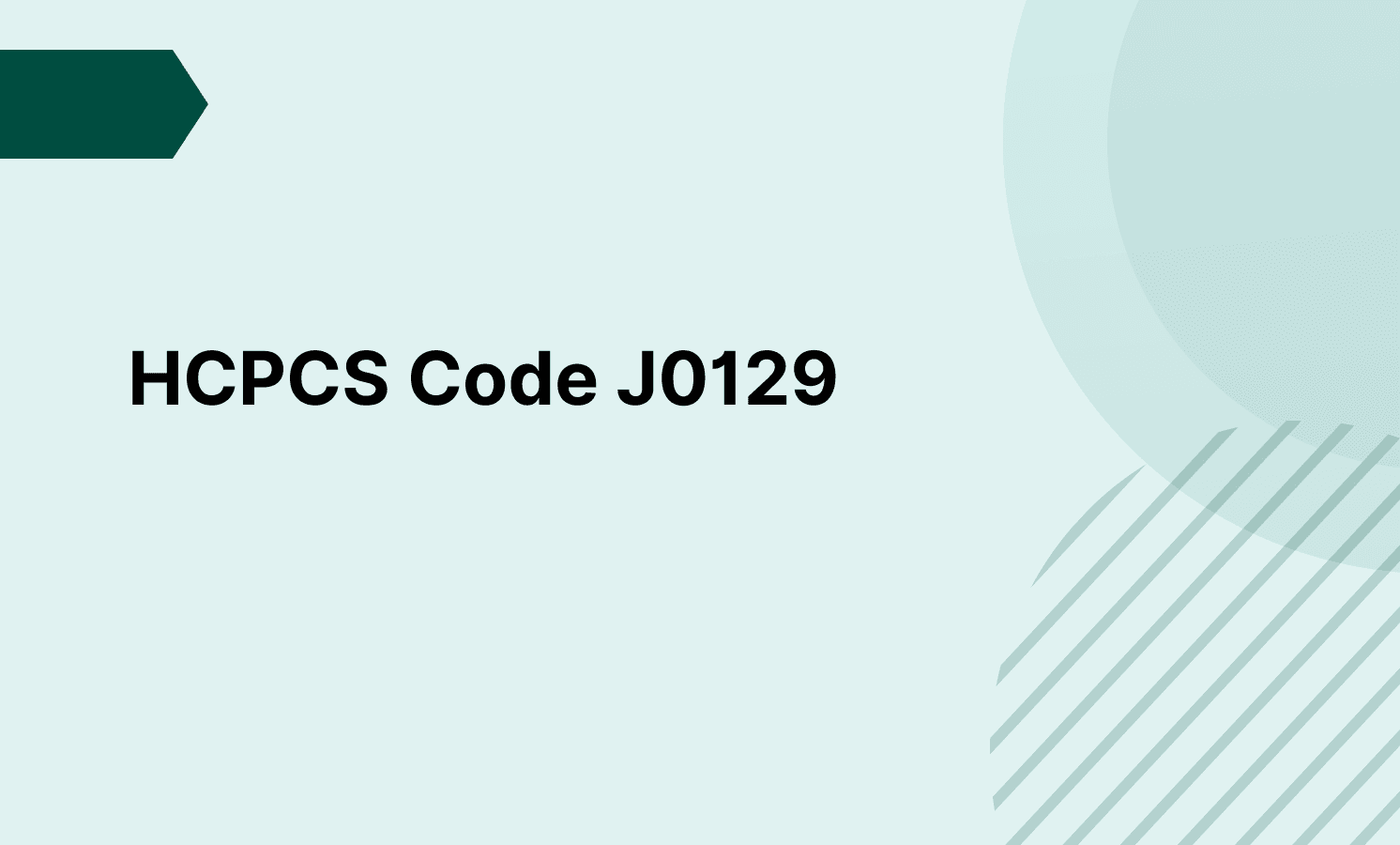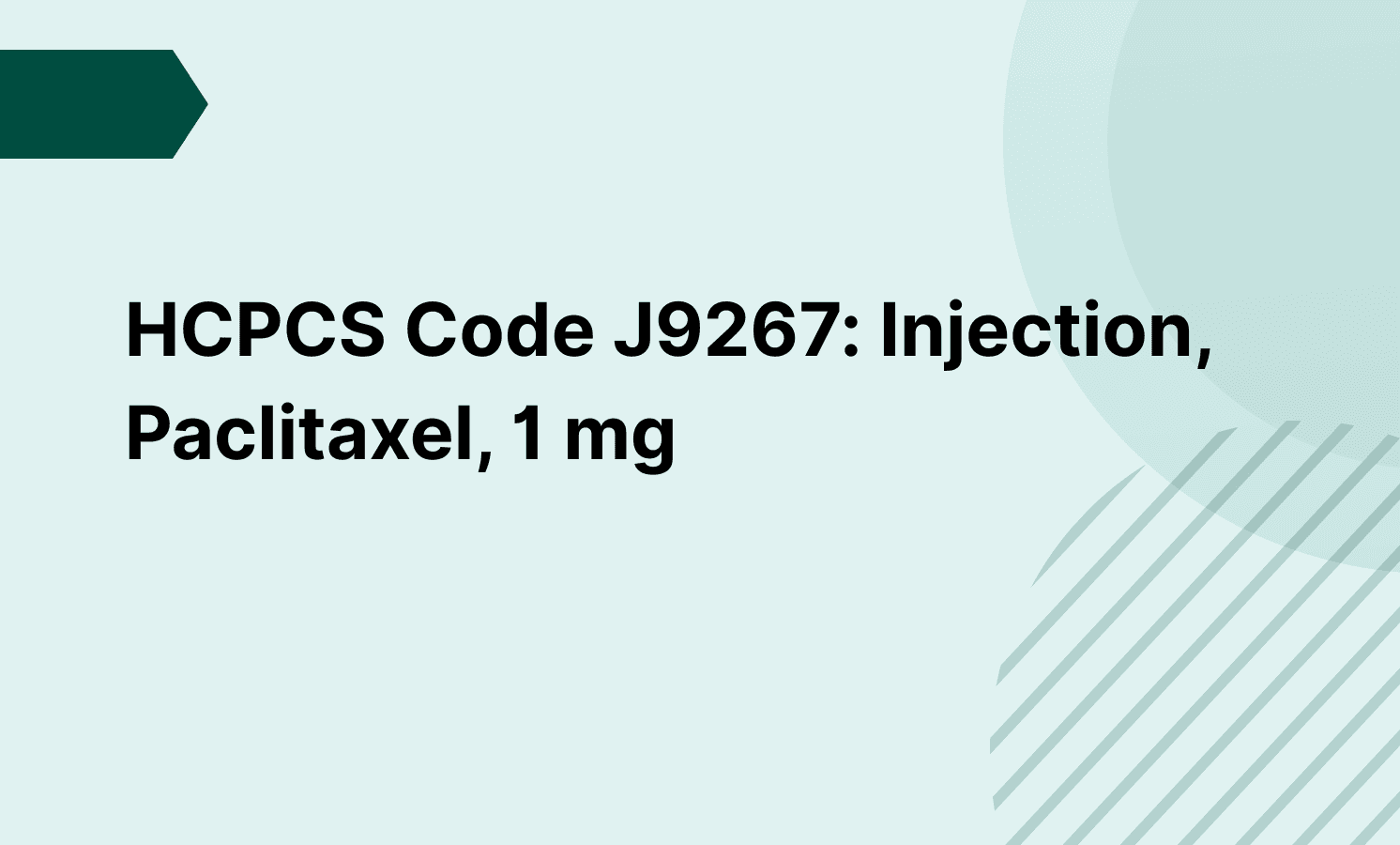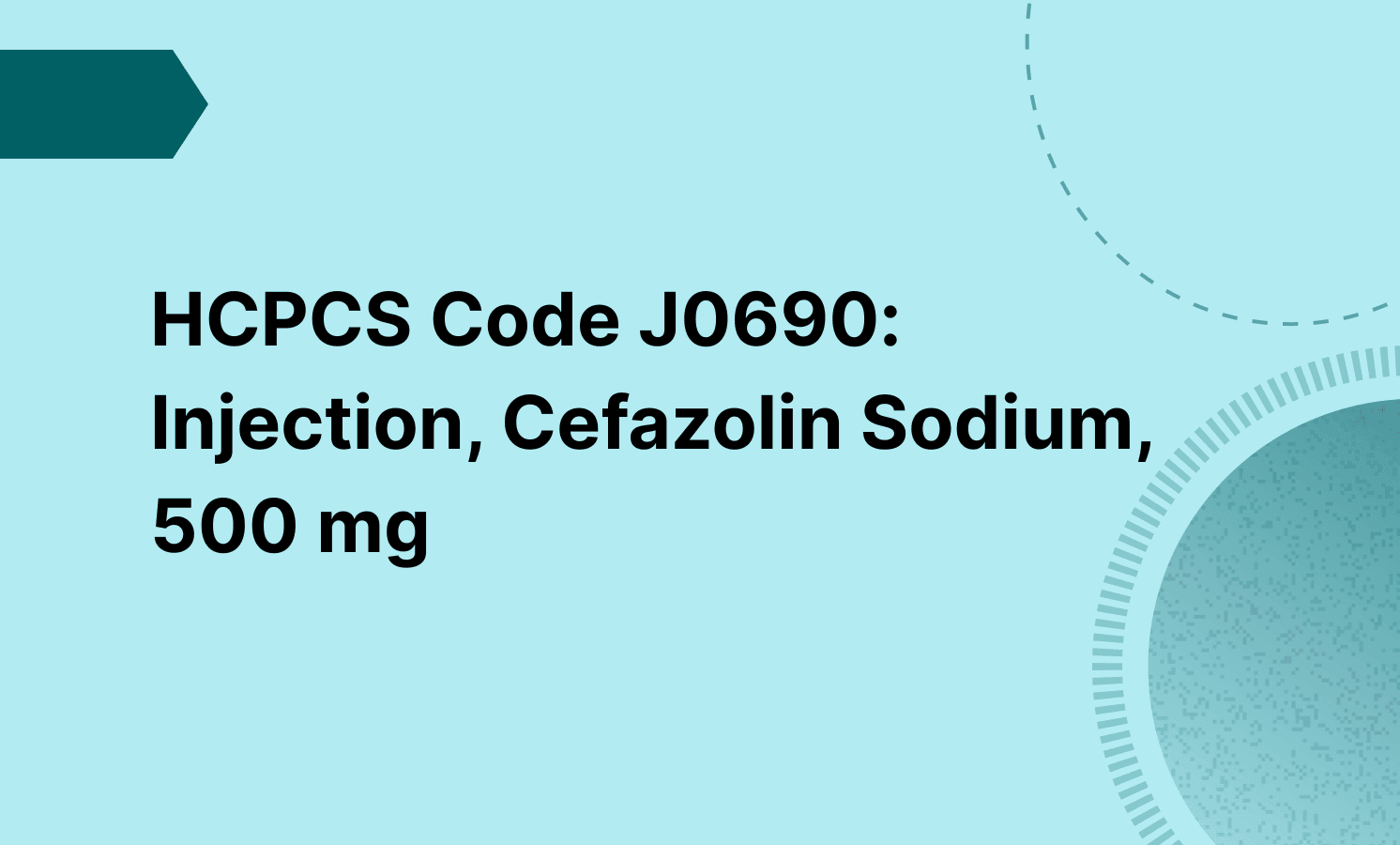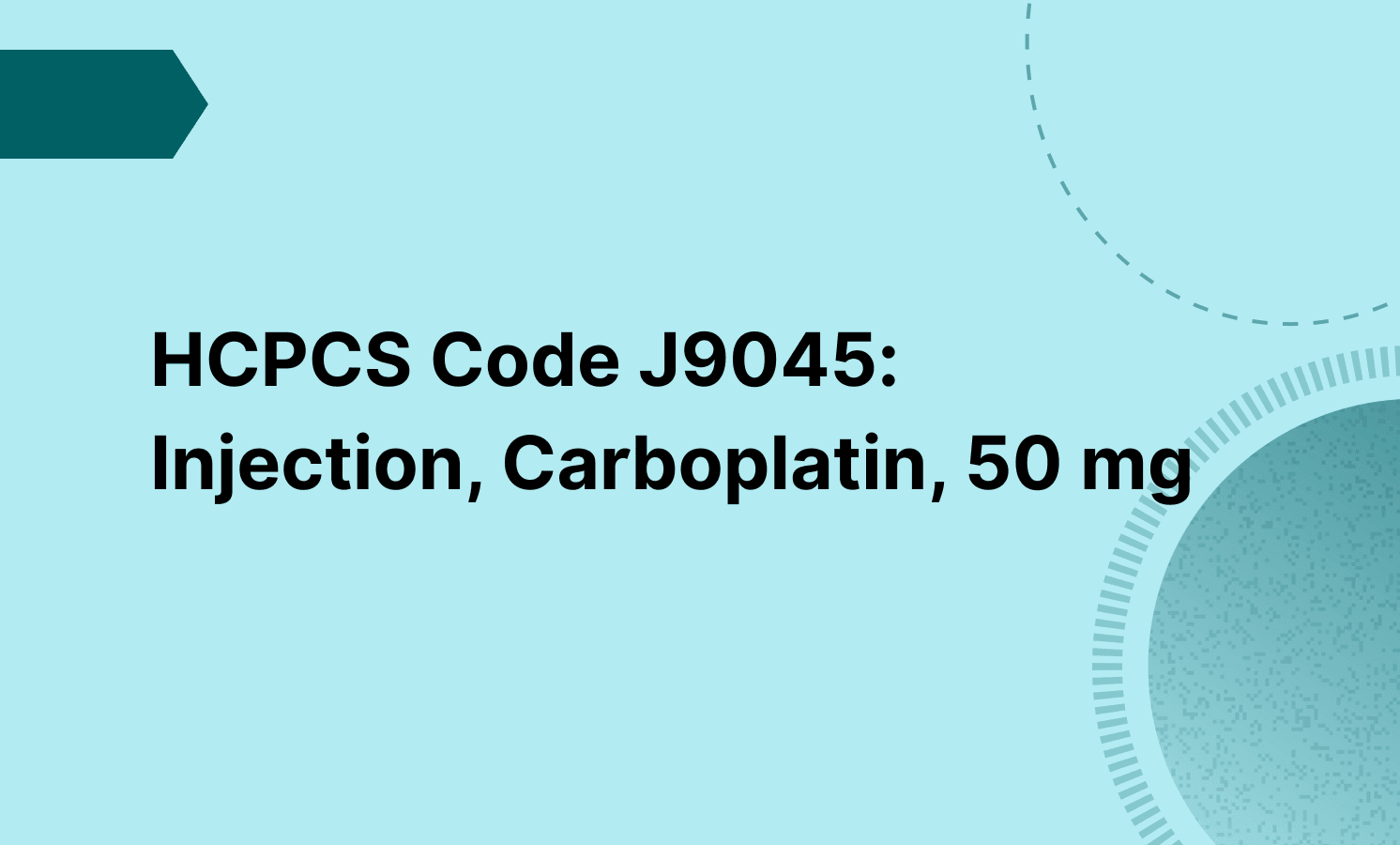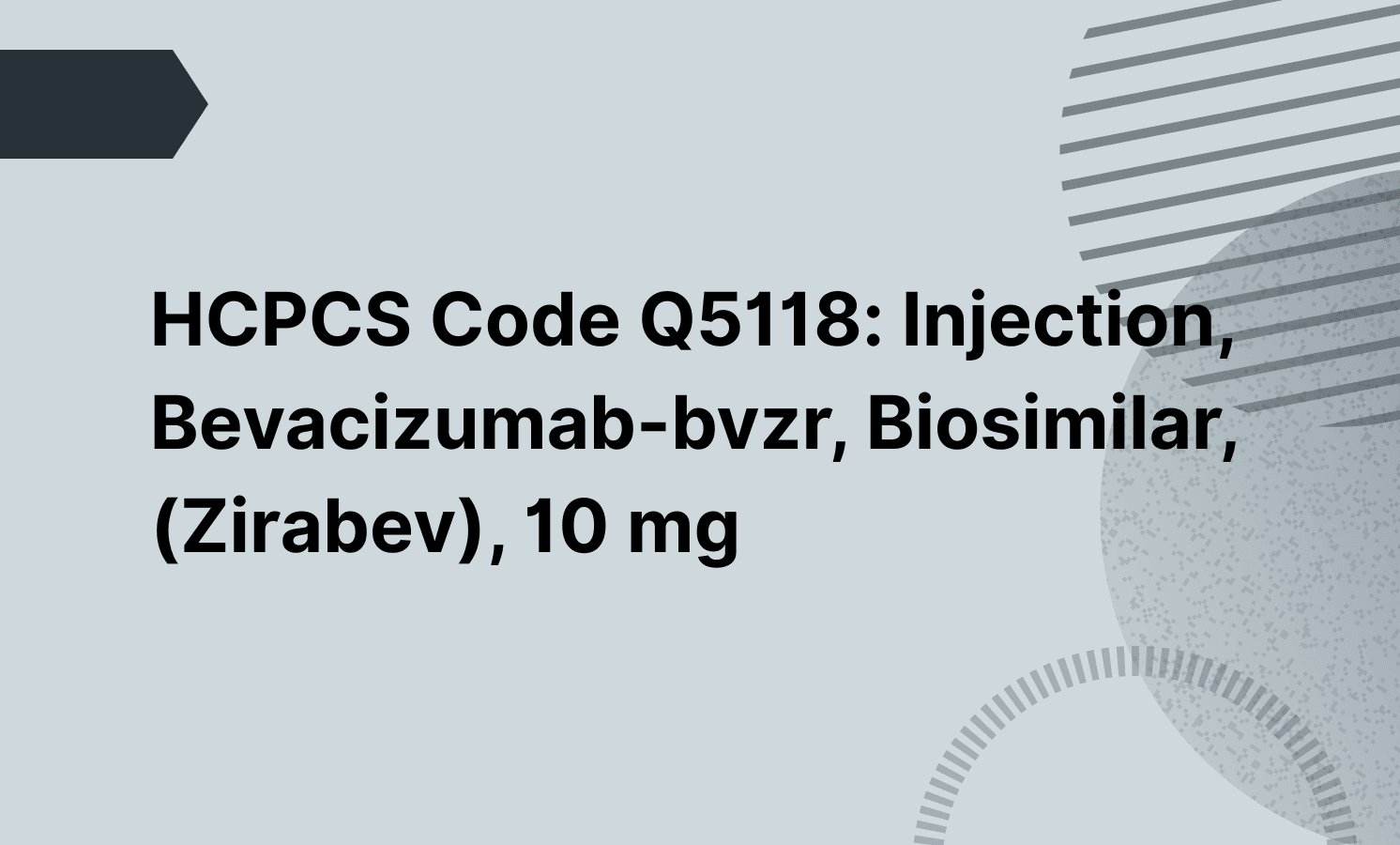Structured assessments such as AUDIT and DAST are essential tools used to screen for alcohol and substance abuse. When paired with brief interventions (SBI service), these assessments support early identification and help guide appropriate risk factor reduction interventions during the preventive visit.
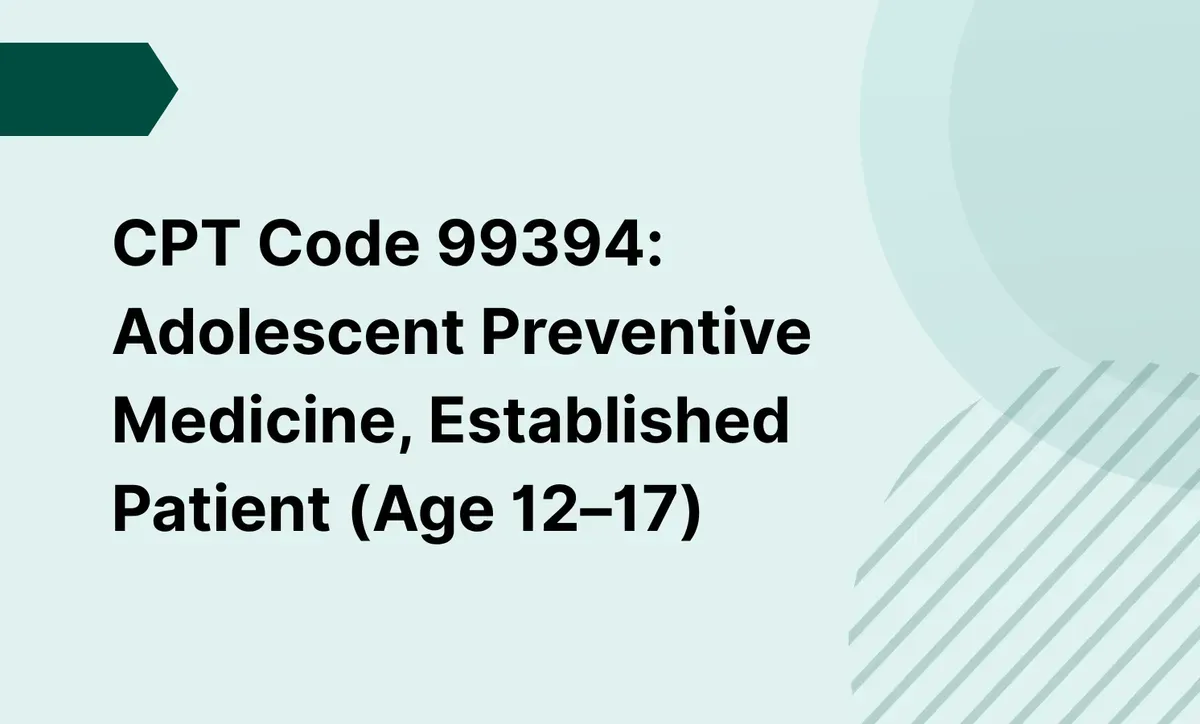
CPT Code 99394: Adolescent Preventive Medicine, Established Patient (Age 12–17)
Learn how CPT 99394 supports preventive care for adolescents aged 12–17, including physical exams, risk assessments, counseling, and age-appropriate screenings.
Frequently asked questions
Documentation must include a comprehensive, age- and gender-appropriate history and examination, along with counseling, anticipatory guidance, and risk assessment. This includes addressing physical, mental, and social health topics, particularly alcohol use abuse and substance abuse, structured eg audit.
Brief intervention SBI services should be included when screening identifies a potential concern with alcohol or substance use. If a structured assessment, eg, AUDIT or DAST, is used, and the provider delivers targeted counseling, it supports inclusion of these services in the preventive documentation.
EHR and practice management software
Get started for free
*No credit card required
Free
$0/usd
Unlimited clients
Telehealth
1GB of storage
Client portal text
Automated billing and online payments

